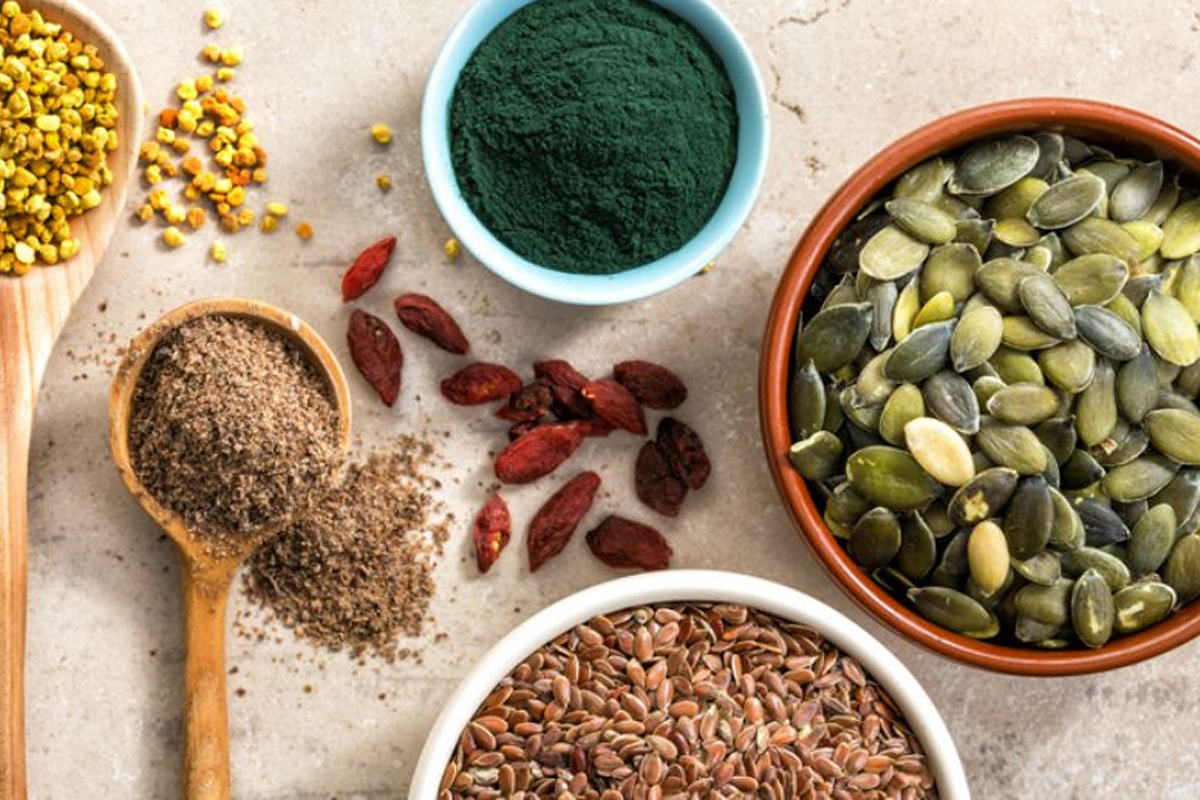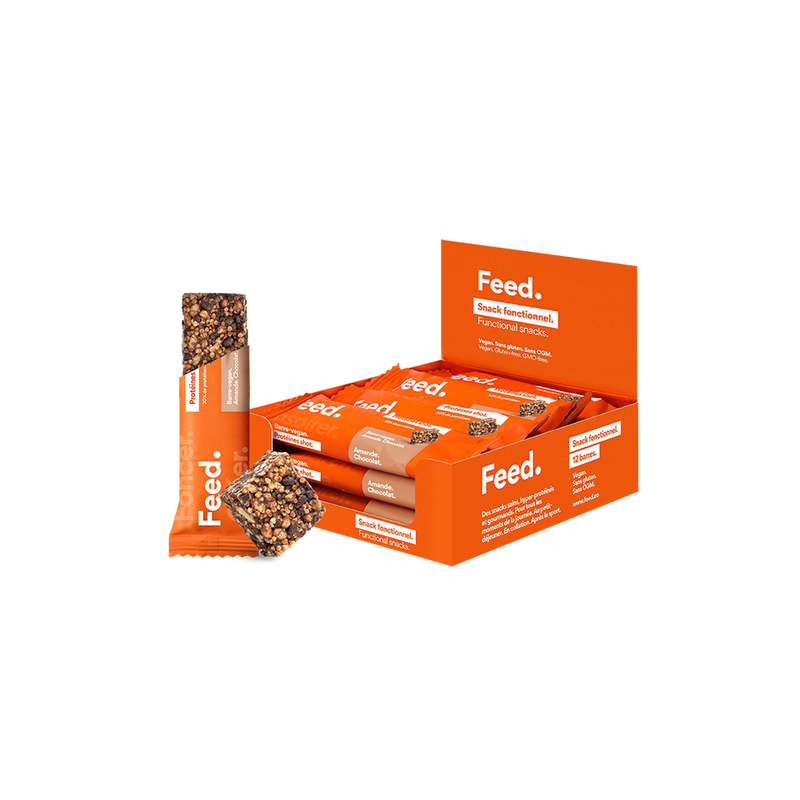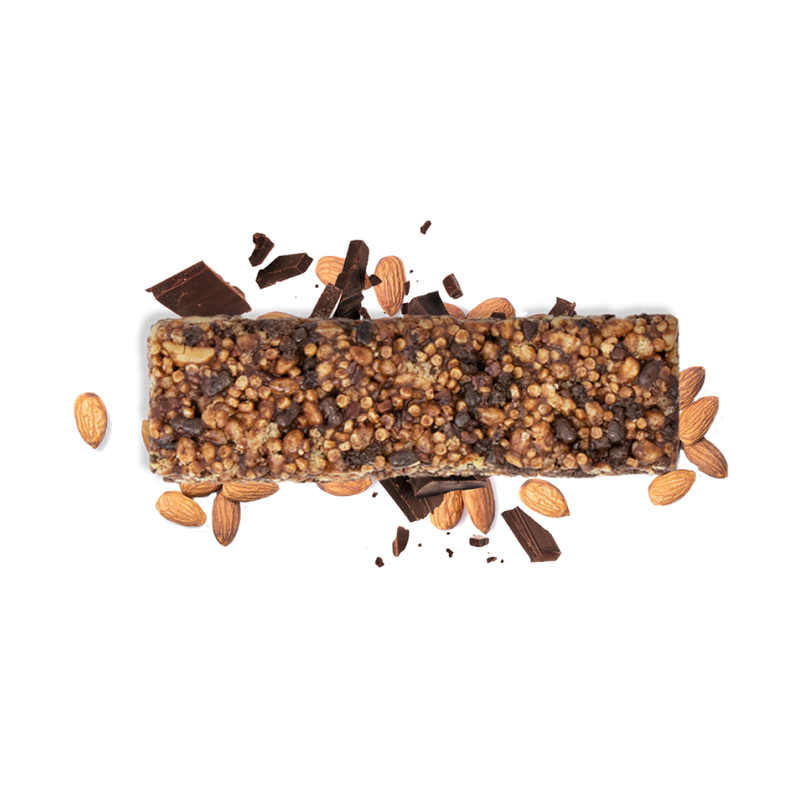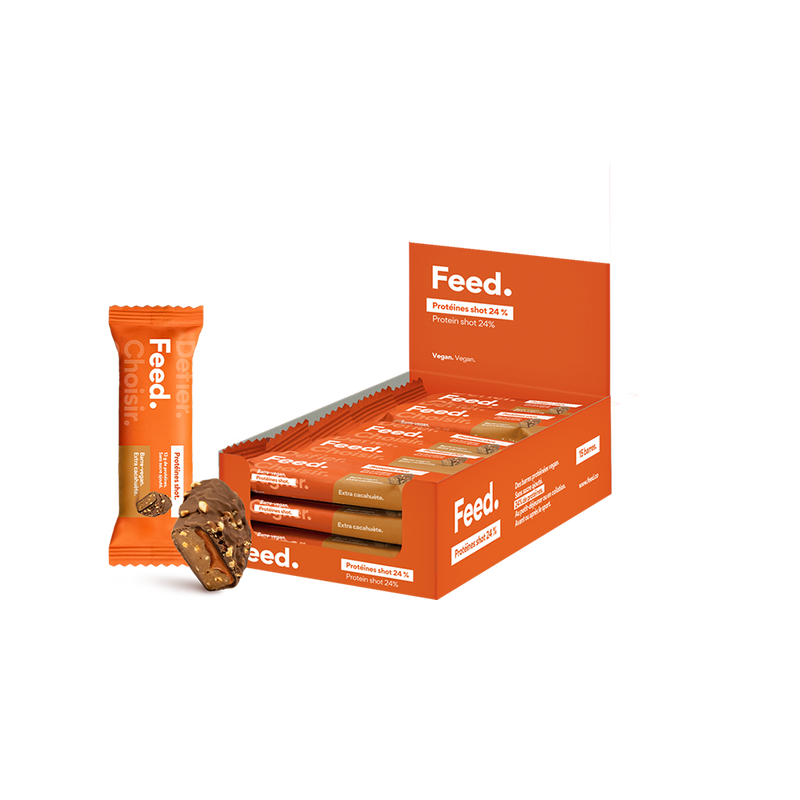What is a plant protein?
Protein is a macronutrient that constitutes certain foods in varying quantities. Proteins are the building blocks of all living cells. Proteins are essential for tissue growth and renewal. There are animal proteins ( contained in meat for example) and vegetable proteins which we will talk about here. Proteins allow our body to function properly. This is why it is important to have a diet containing proteins, whether plant or animal.
However, it is increasingly common today to turn to a diet less centered on meat and other foods rich in animal-based proteins but composed mainly of plant-based proteins.
Why choose plant proteins for our health?
A diet based on plant-based foods has many benefits for our health. Plant proteins have an important role for the proper functioning of our body.
Acid-base balance
The proteins found in meat provide the body with acid precursors while plant proteins provide alkaline precursors. Plant proteins therefore promote the acid-base balance within the body, which promotes good bone health. The absence of plant proteins hinders this balance and can therefore cause certain bone diseases.
Cardiovascular system
Studies have shown that high consumption of meat and animal proteins increases the chances of developing heart disease. This is due to the high presence of sulfur amino acids in animal proteins, which is not the case in plant proteins.
Animal proteins mainly have saturated fats (bad fats) while plant proteins have unsaturated fats (good fats). They promote good health of the heart and blood vessels.
Other advantages
Plant proteins are much easier to digest than animal proteins. This is why they pose no danger to the kidneys.
They also allow the production of muscle mass. This also allows you to recover well after a session of sporting activities.
However, plant proteins are less complete in essential amino acids than animal proteins. Proteins must be complete in amino acids to optimize muscle growth and recovery and limit fatigue. As the body is not capable of synthesizing them, it is necessary to provide them through food, with various plant protein sources.
What foods are rich in plant proteins?
In order to obtain a balanced diet of essential amino acids, it is important to consume varied plant protein sources and a varied general diet. Plant protein sources are also rich in vitamin B, antioxidants, mineral salts, and also in fiber which animal products lack.
If you are vegetarian or want to diversify your diet and eat more plant-based foods, here is a list of foods rich in plant proteins.
-
Spirulina
With 65 g of plant proteins per 100 g, it is the plant food containing the most protein. Spirulina can be bought in powder form and sprinkled on salads or in natural yogurt, for example. One teaspoon per day is enough. It can also be purchased as a food supplement for easier use.
-
Tofu
With 36g of protein per 100g, it is also an excellent source of protein. Tofu is a legume derived from soybeans. It contains all the essential amino acids for our body.
-
Hemp seeds
They have 26 g of protein per 100 g. They are very nutritious and have a significant amount of fiber, vitamins and minerals. This food is rich in omega 3 (essential fatty acids).
-
Lenses
Lentils are one of the legumes with a large amount of protein with 25 g of protein per 100 g. These are legumes rich in vegetable proteins, iron as well as antioxidants and minerals. Their glycemic index is low and they contain little fat.
-
Fenugreek seeds
These seeds are a nutrient-rich legume and contain 23g of protein per 100g. They contain iron, proteins, fiber, magnesium, phosphorus, lipids, calcium, and essential fatty acids. They are consumed in the form of spices.
-
Tempeh
Like tofu, tempeh is made from bean sprouts. It contains 20 grams of protein per 100 g and it has all the amino acids necessary for our body.
-
Chickpeas
Chickpeas are an excellent source of plant-based protein with 19g of protein per 100g. It is also a very good source of fiber, magnesium and calcium.
Other legumes such as split peas are also a very good source of plant-based protein.
-
Sesame, sunflower, poppy seeds...
From the oilseed family, the seeds have a satiating power and are rich in omega 9. They contain 18 g of protein on average per 100g.
-
Chia Seeds
They contain 17 g of protein per 100 g. These are complete proteins. Chia seeds have the 9 essential amino acids which allow the constitution of proteins. They are rich in omega 3 (essential fatty acid) and fiber.
-
Quinoa
This food contains 14 g of protein per 100 g and does not contain gluten. It is very digestible, low in lipids but rich in iron and proteins.
-
Beans: 9 g of protein per 100 g
With 9g of protein per 100g, beans provide an additional source of protein. There are several varieties of beans: white, red or black. Beans are legumes with an excellent source of protein. They are rich in fiber, iron, phosphorus as well as antioxidants, they contain very little lipids.
-
Cereals
Cereals, such as wheat, rice, corn, contain on average 8 g of protein per 100g. Whole grains are preferred because they are more filling.
-
Nuts
Walnuts, hazelnuts, cashews, almonds, etc. are oilseed sources of vegetable protein.
Also discover our snacks and meal bars rich in plant proteins. Our snacks and our Original meal bars and drinks. are protein. A convenient way to increase your nutrient intake. All our products are vegan, gluten-free, lactose-free and GMO-free!
Our protein snacksTo find out more about plant protein and protein in general, we invite you to consult our guide or seek advice from a nutrition specialist who can help you with your diet.
In summary.
A diet should be varied and balanced. Proteins have an essential role for our body. We must therefore not ignore this nutrient. There are many foods rich in plant protein and it is important to eat a variety of plant protein sources to get all the amino acids our body needs. You can consult a nutrition professional who will adapt your nutrition according to your diet.
























